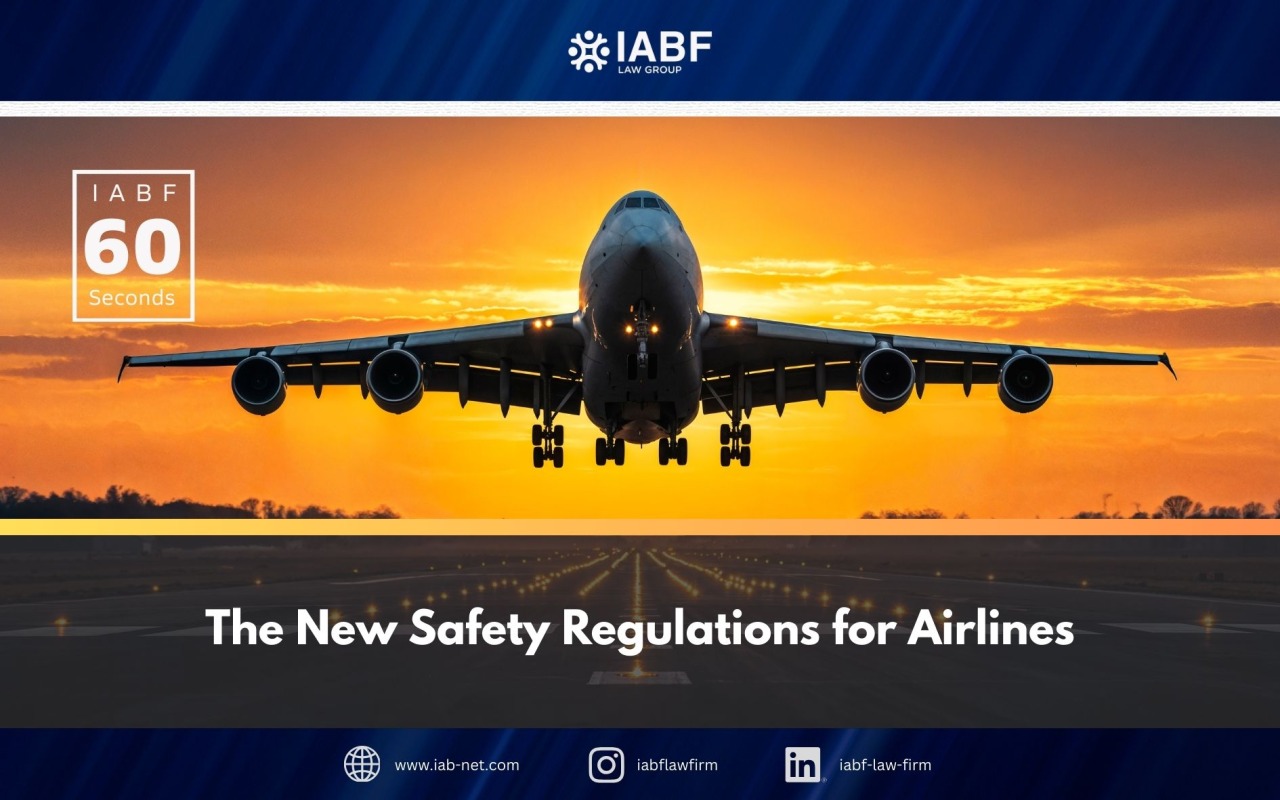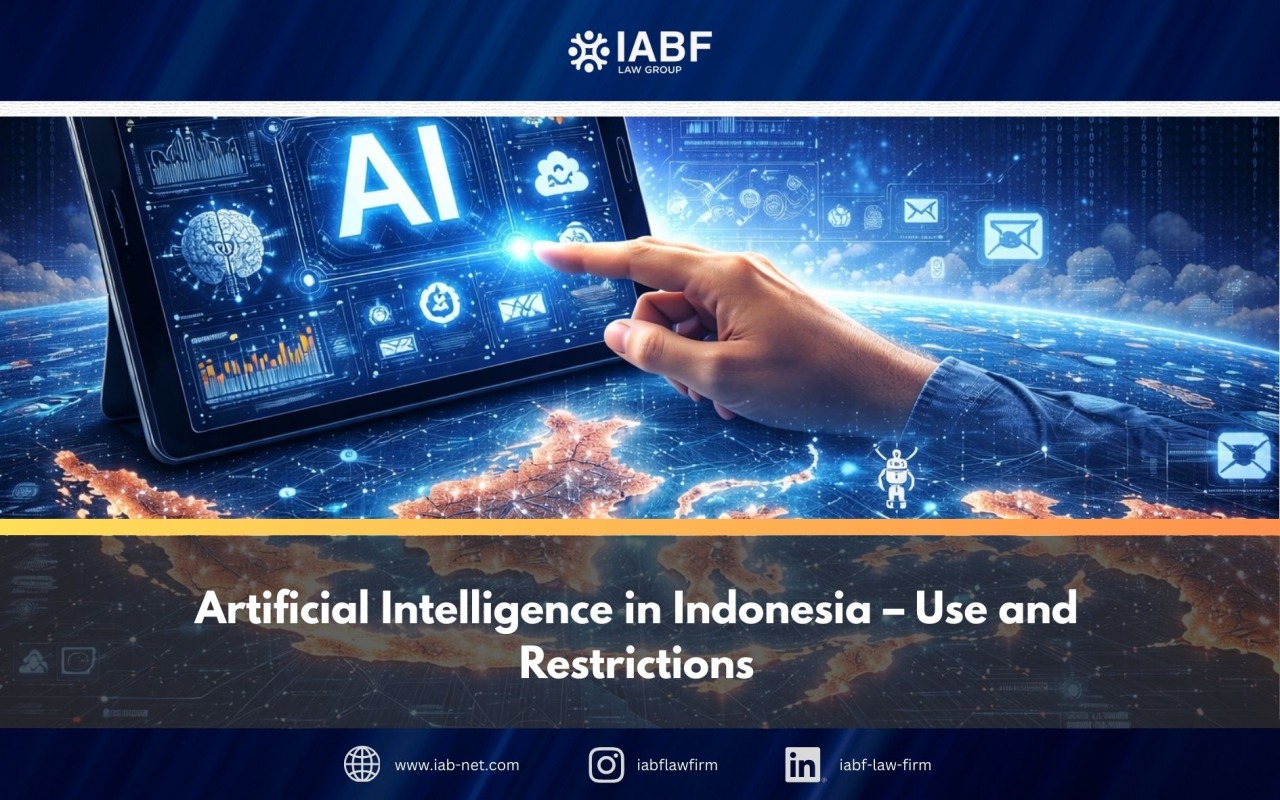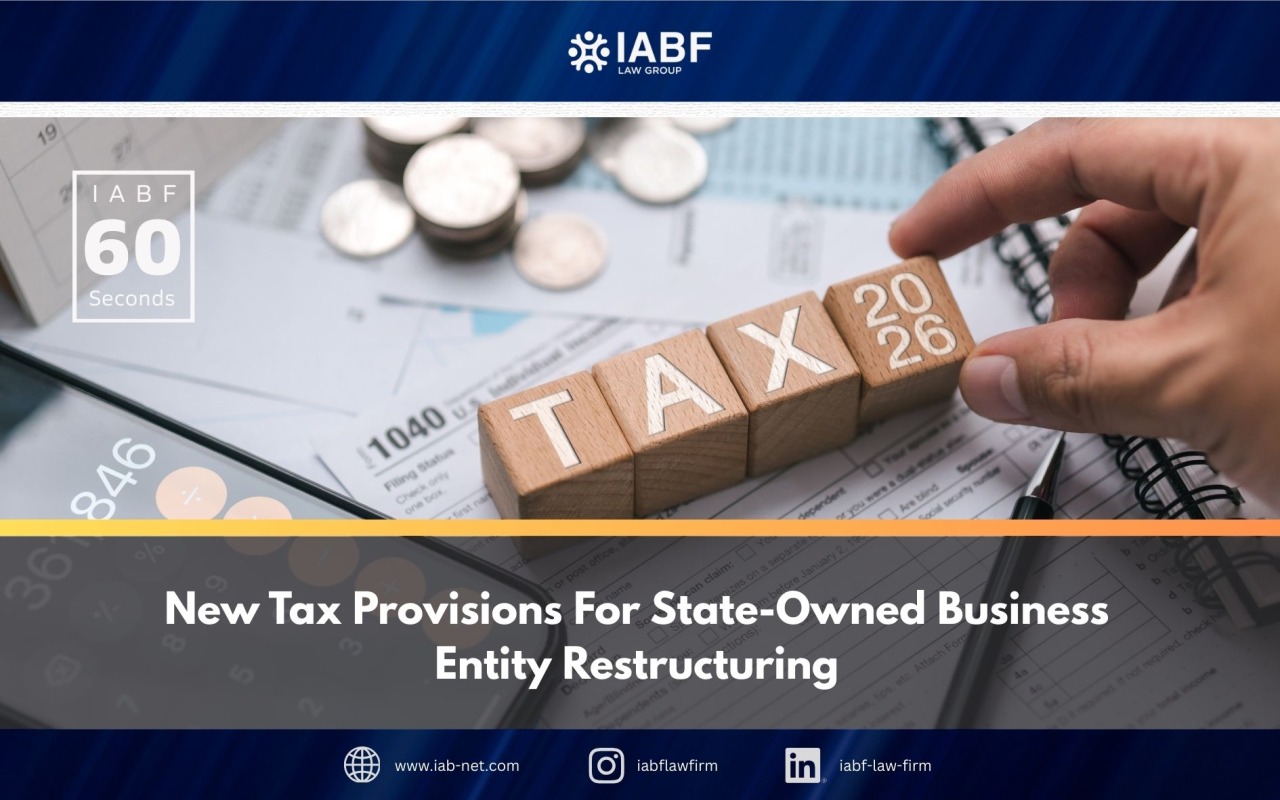The idea of Omnibus Law is considered by many as a major attempt to achieve the government’s objective to accelerate Indonesia’s economy growth by attracting more investment and improving the ease of doing business in Indonesia. The government has finally decided to drastically act upon the long ingrained issues that have been deterred foreign investment in Indonesia i.e. the over-regulation and the bureaucratic inefficiency.
The concept of Omnibus Law is not actually recognized under Indonesia civil law system and is more generally adapted by common law countries. In essence, the Omnibus Law would act as a regulatory umbrella, providing an overarching framework for various laws and regulations that will become a “short” way solution to resolve the conflicting laws and regulations (both vertically and horizon-tally) in Indonesia. The Omnibus Law will, when passed, supersede earlier provisions on the same regulated subject matter.
Recent Development & Notable Changes There are two bills within the Omnibus Laws framework that are currently under the government discussion, being: (i) the Job Creation Omnibus Law (“Job Creation Bill”) and (ii) the Tax Omnibus Law.
On February 2020, the government has formally submitted the Job Creation Bill to the House of Representatives. In total, the Job Creation Bill seeks to revise approximately more than 70 prevailing laws and 1,200 articles from various sectors such as manpower law, capital investment, busi-ness licensing, land acquisition and environmental laws. The notable changes of Job Creation Bill are summarized below:
Relaxation of foreign investment restrictions
Article 12(1) of the prevailing Investment Law states that: “All business fields are open to direct investment, except for those that are declared as closed to investment or open subject to conditions.” This provision is proposed to be amended under Article 84 (2) of the Job Creation Bill to become as follows: “All business fields are open to direct investment, except for those that are declared as closed to investment or which constitute activities that are reserved to the central government.”
The replacement of the phrase “open subject to conditions” may be interpreted that all business activities will become either wholly open or closed for capital investment, or can only be conducted by the central government. This interpretation, however, is still far to being conclusive considering the history of Indonesia foreign direct investment regime.
As stipulated under the Job Creation Bill, this provision will be further implemented by a presidential regulation which we expect will be similar to the current presidential regulation that includes a list of closed or partially open business lines (generally known as the Negative List). Until then the interpretation above will remain uncertain but in any case, we believe the government has been aiming to relax the foreign direct investment for some time and once happen, it will be a drastic transformation of Indonesia’s FDI regime.
Business licensing simplified
The Job Creation Bill will implement a new concept of business licensing called the risk-based-licensing. In essence, the busi-nesses will be divided into three categories of low, medium and high risk. Each of the category will only require to obtain the relevant licenses which are: (i) a business identity number (“NIB”) for low risk; (ii) NIB and standard certification for medium risk; and (iii) NIB and business license for high risk. The risk itself will be valuated based on hazard level (nilai tingkat bahaya) and the potential hazard level (nilai potensi terjadinya bahaya).
The implementation and supervision of the above will be further regulated under its implementing regulations.
Labour laws
Indonesia is known as a labour-friendly law country which often argued by many as one of the reason that deters foreign investment. The government is trying to work out this issue by relaxing some of the worker protection through the Omnibus Law framework. Consequently and quite predictably, it has sparked a significant resistance from the labor unions up to the recent days.
The Job Creation Bill seeks to amend the obligation of employer to pay compensation of rights, such as unused annual paid leave and transportation cost, for laid-off workers as regulated under Article 156 of the prevailing manpower law. The proposed amendment of Article 156 can be found on Article 89 (45) of the Job Creation Bill where it stipulates that the compensation of rights can now be regulated under the employment contract, work agreement, or company rules.
Further, the Job Creation Bill is also drafted to revoke Article 159 of the prevailing manpower law which facilitate the worker’s right to file lawsuits to the industrial relations agency in case such worker does not accept the reason behind the termination of employment.
On the other hand, the Job Creation Bill relaxes the requirement of foreign workers to work in Indonesia. Pursuant to the amended Article 49 of the prevailing manpower law, members of boards of directors and commissioners, diplomatic and consular staff, those working at start-ups, in vocations, on busi-ness visits, doing research for a certain period and doing machine maintenance for production in emergency situations, can work without a foreign worker permit.
__________________________
Published by: Michael Pandjaitan
Published on: 19 Aug 2020
Other link: legalbusinessonline



